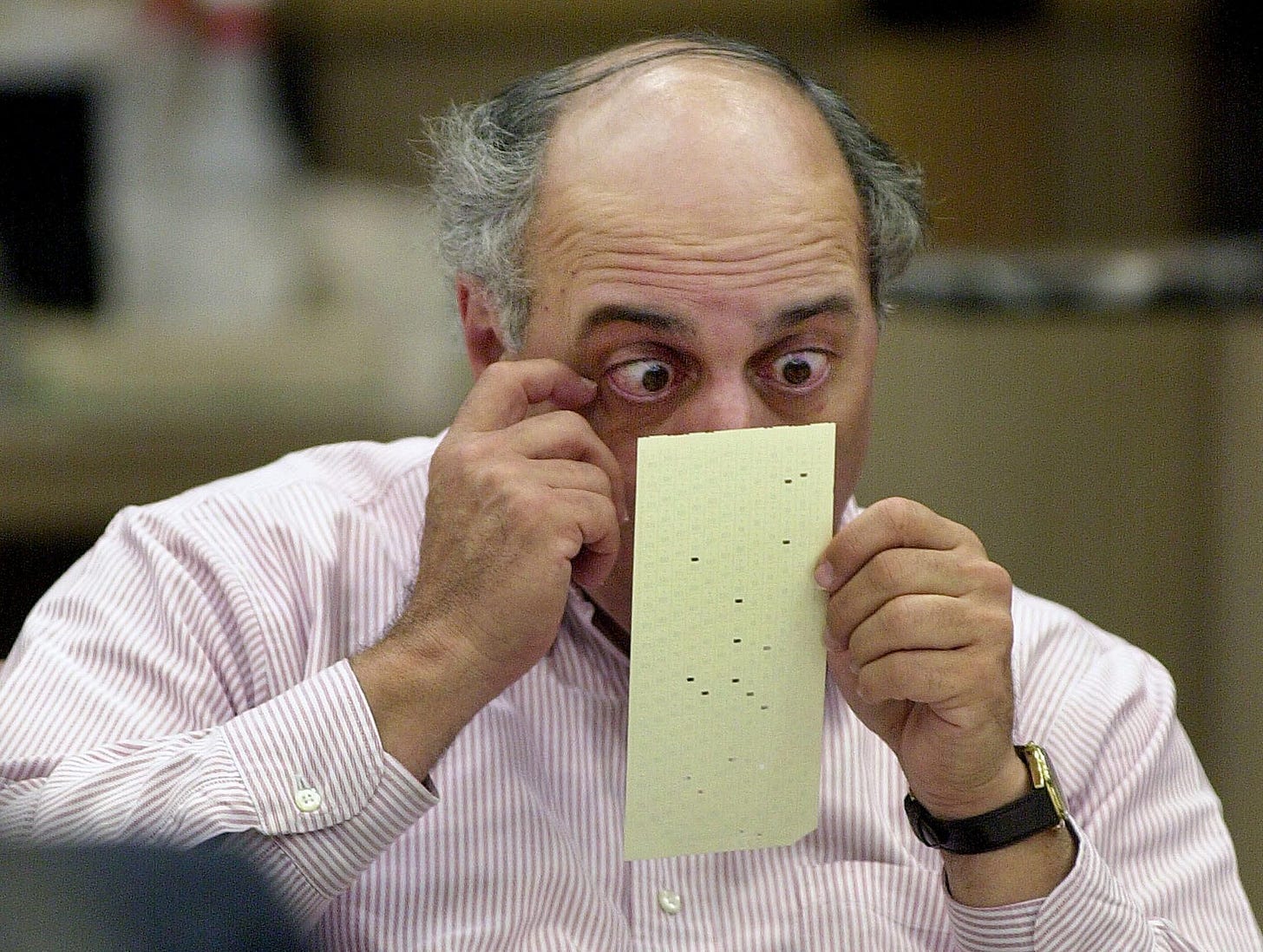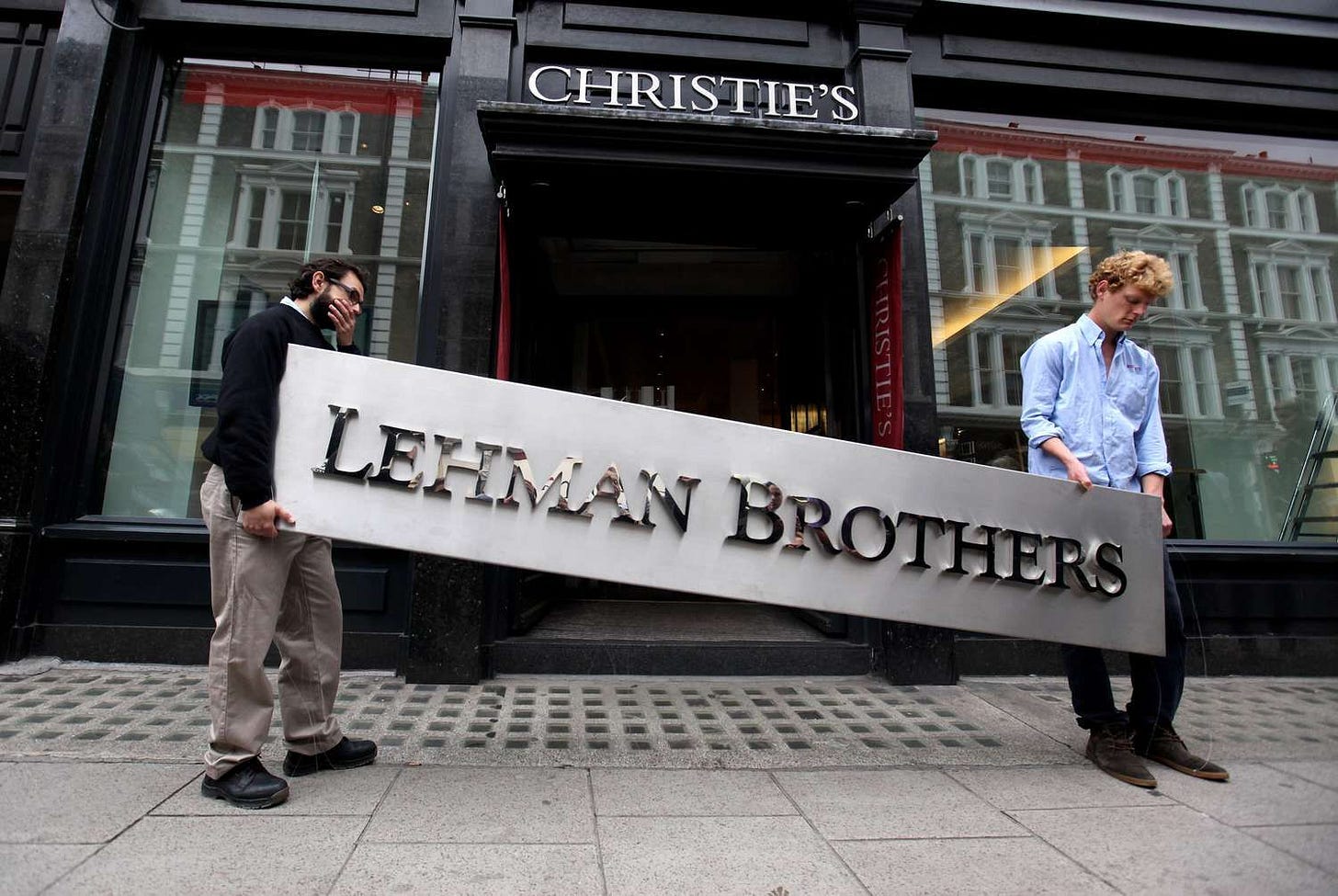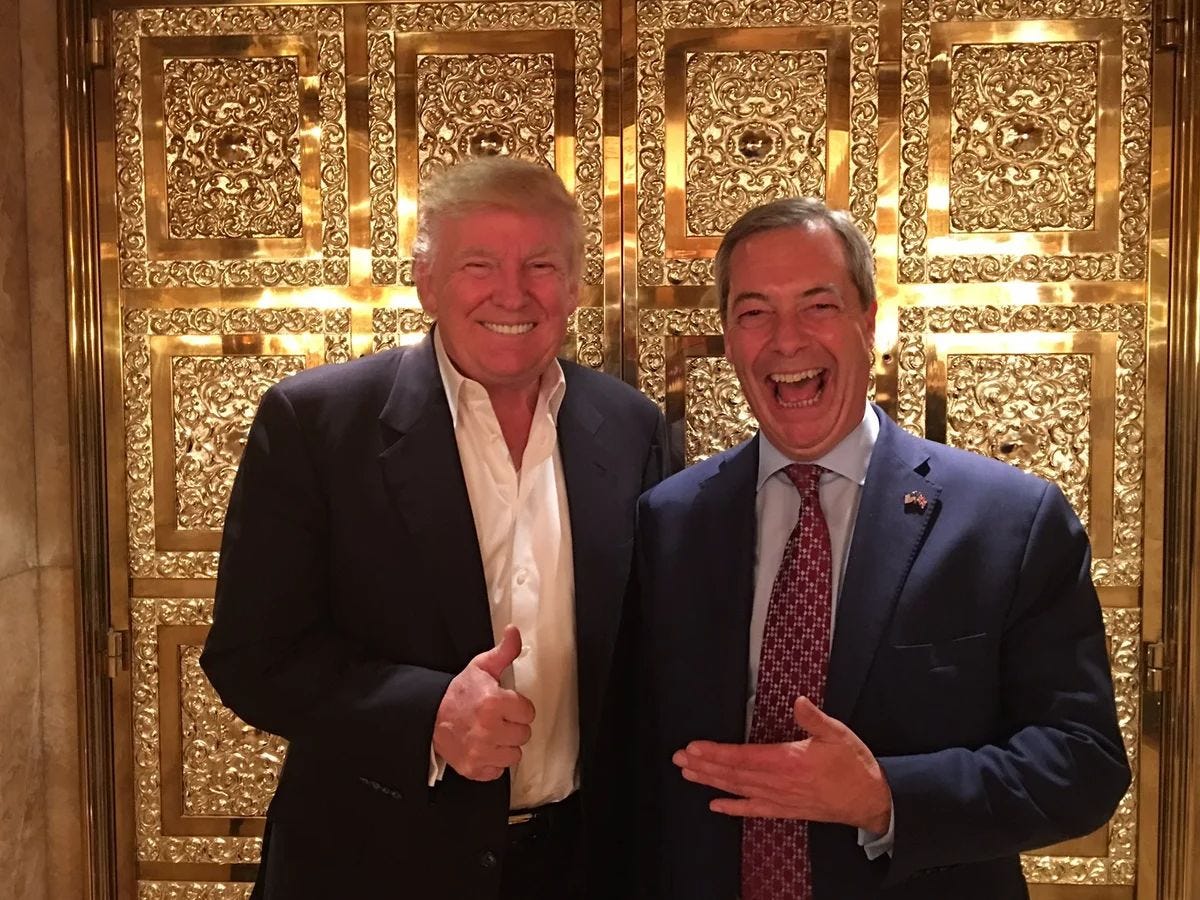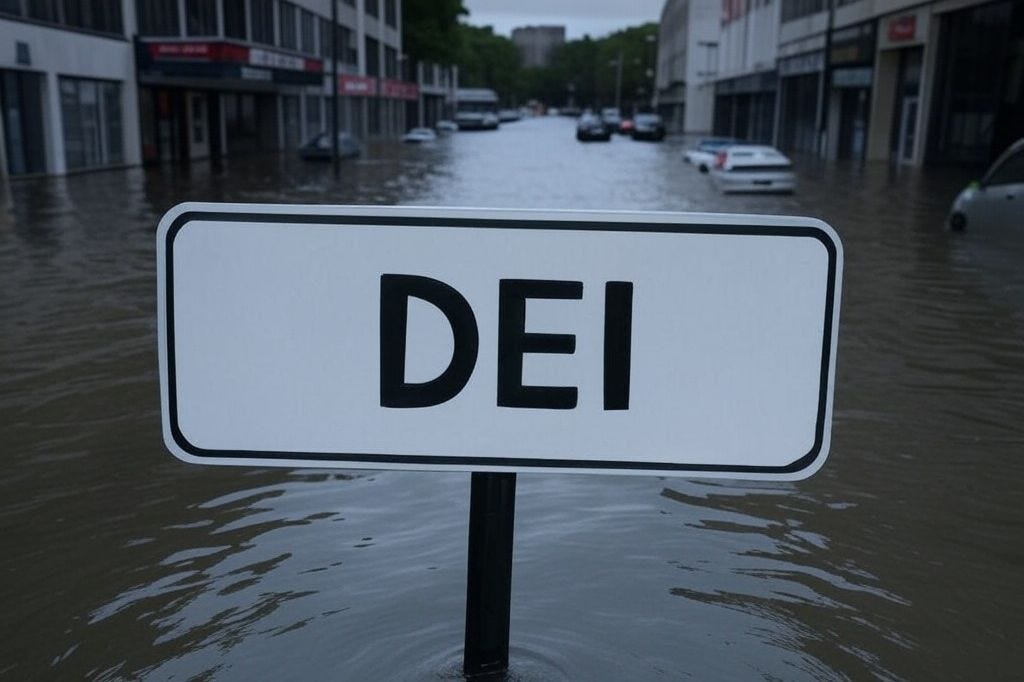A Quarter Century of Shifting Sands: Politics in the 21st Century
25 years into the 21st Century, let's run through some highs and lows and pretty much everything else unimaginable!
The dawn of the new millennium arrived with cautious optimism, or as we now know it, blissful ignorance. Y2K anxieties proved unfounded (sorry, doomsday preppers), and the world, seemingly at the peak of globalisation, basked in the warm glow of interconnectedness. Spoiler alert: we were about to learn that "interconnected" doesn't always mean "playing nice together." In fact, it mostly meant we could now watch each other's disasters in real-time HD streaming.
Remember when the biggest political drama was hanging chads? Ah, Florida – proving that even before social media, they knew how to keep us entertained. George W. Bush was elected President by his brother (totally normal, nothing to see here), inheriting a country with no deficit, a declining national debt, and peace. Picture that: a peaceful America with a balanced checkbook. It's like finding out your rebellious teenage years were actually your most responsible.
Meanwhile, across the pond, Tony Blair was living his best life, probably unaware that "Brexit" would someday become more than just a typing error. Europe was so united they even shared a currency, which would definitely not cause any problems later when Greece discovered creative accounting.

Then came 9/11, and suddenly everyone became an expert in international relations and counterterrorism overnight. The "War on Terror" introduced us to concepts like "enhanced interrogation" (because apparently, we needed a fancier term for torture) and "weapons of mass destruction" (spoiler: still looking).
This era also gave birth to the TSA, ensuring that your water bottle would never hijack a plane again. The Department of Homeland Security emerged, proving that the best way to secure a homeland is to create more bureaucracy. Meanwhile, Dick Cheney showed us all how to shoot a friend in the face and get them to apologise to you – now that's power!
The mid-2000's brought us the iPhone, forever changing how we ignore people in public. We traded actual conversations for the ability to watch cat videos anywhere, anytime. Progress! This was also when reality TV convinced us that being famous for being famous was a viable career path. Little did we know this would become a prerequisite for political office.
The 2008 financial crisis proved that even the smartest people in the room could spectacularly mess things up. Wall Street executives demonstrated that you could literally bet the house – and everyone else's – and still get a bonus. Turns out "too big to fail" really meant "too connected to jail."
Austerity measures followed, because apparently, the best way to help poor people is to make them poorer. Makes perfect sense, right? Greece became everyone's favourite economic cautionary tale, while Iceland showed us that sometimes the best way to handle bankers is to actually arrest them (revolutionary concept, we know).

Social media transformed from a cool college hangout to your grandparents favourite place to share conspiracy theories and pictures of their lunch. Facebook went from "hot or not" to "who can spread misinformation faster," while Twitter proved that 280 characters is all you need to start an international diplomatic crisis.
Remember when we thought the Arab Spring would usher in democracy? That aged about as well as MySpace. But hey, at least we got some great memes out of it. Speaking of which, this was the era when "going viral" changed from a medical concern to a career goal.
The mid-2010's brought us Brexit, proof that you can win a referendum with a bus and some creative maths. The UK decided to take "splendid isolation" literally, showing that nostalgia is a powerful drug. Not to be outdone, America elected a reality TV star as president, because why not? After all, running a country is just like running a casino, right? (Spoiler: the house doesn't always win).
Europe, feeling left out of the chaos, started its own collection of populist leaders, while Brazil elected their own Trump (with better beach access). Australia, determined to keep up, found a PM who could both deny climate change and go on vacation during catastrophic bushfires. It was like a global competition for who could make the most dubious political decisions.
Then came the 2020's, opening with a pandemic that proved humans can politicise literally anything – even breathing. COVID-19 taught us that public health recommendations are actually just suggestions that you can ignore if they interfere with your brunch plans. Zoom became everyone's best friend/worst enemy, and we all became experts in epidemiology, thanks to Facebook University. Working from home revealed that pants are optional and pets are the best coworkers. The Great Resignation followed, as millions discovered that maybe their soul-crushing jobs weren't worth the free office coffee after all.
Russia decided peace was overrated and launched a "special military operation" (because "war" was too mainstream), while China and the US continued their passive-aggressive dance of "who can build more semiconductors." The semiconductor shortage proved that the world's most advanced economies can be brought to their knees by a lack of sand arranged in specific patterns. Meanwhile, Taiwan became everyone's favourite geopolitical hot potato.
The tech world gave us cryptocurrencies, proving that imaginary money is worth real money until it suddenly isn't. NFTs showed us that people will pay millions for digital images they could right-click and save for free. Elon Musk bought Twitter (sorry, "X") for $44 billion, demonstrating that even billionaires can overpay for social media platforms they could have just continued to use for free.
Climate change remains the elephant in the room – or rather, the elephant treading water as sea levels rise. We've mastered the art of setting ambitious climate goals for dates conveniently far enough in the future that current politicians won't be around to face the consequences. Each climate conference produces stronger words and weaker actions, while we all pretend that recycling our coffee cups will save the planet. Meanwhile, oil companies continue to search for new drilling sites while running ads about their commitment to green energy.
AI emerged as both our greatest hope and biggest fear, teaching us that computers can now write essays better than most humans (though they still can't figure out why a hot dog is or isn't a sandwich). ChatGPT proved that AI can do your homework, write your dating profile, and probably replace your job – but at least it'll do it politely.
Looking back over these 25 years, we've learned that history didn't end – it just got more ridiculous. We've witnessed the rise of social media influencers becoming policy advisers, billionaires treating space like their personal playground, and politicians treating truth like it's ???
The choices made in the coming years will determine the shape of the 21st century, assuming we don't all migrate to Mars first (thanks, Elon). 2024's global "throw the bums out" approach to elections suggests we're still perfecting the art of making choices we'll regret later.
But hey, at least we have TikTok dances (for now) to distract us from impending doom. That's progress, right? And if all else fails, we can always rely on the metaverse, where we can pretend none of this is happening in glorious virtual reality. Here's to the next 25 years – may they be less interesting than the last 25, because we've had quite enough "interesting times" for one century, thank you very much.
Keep up to date with The Letts Journal’s latest news stories and posts at our website and on twitter.




